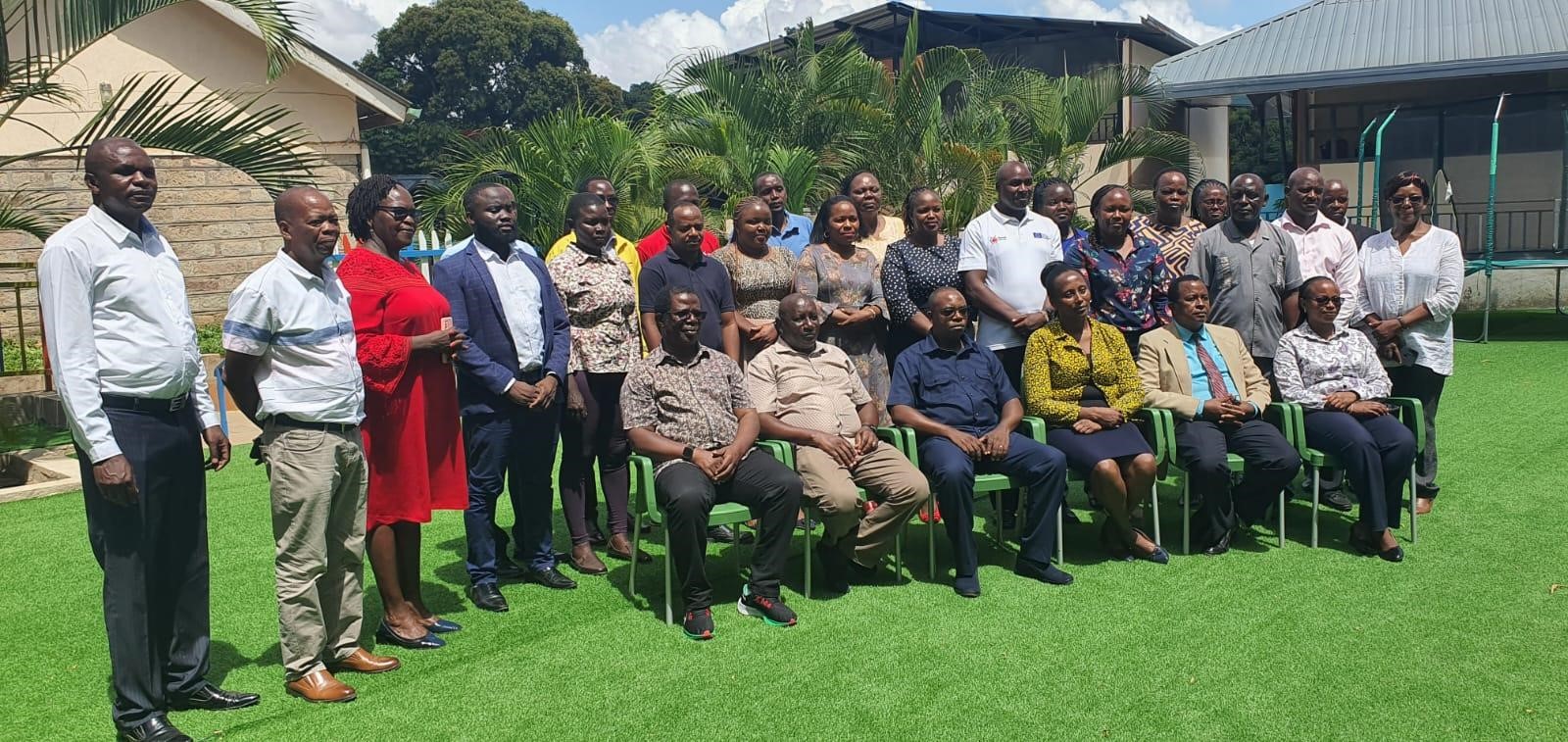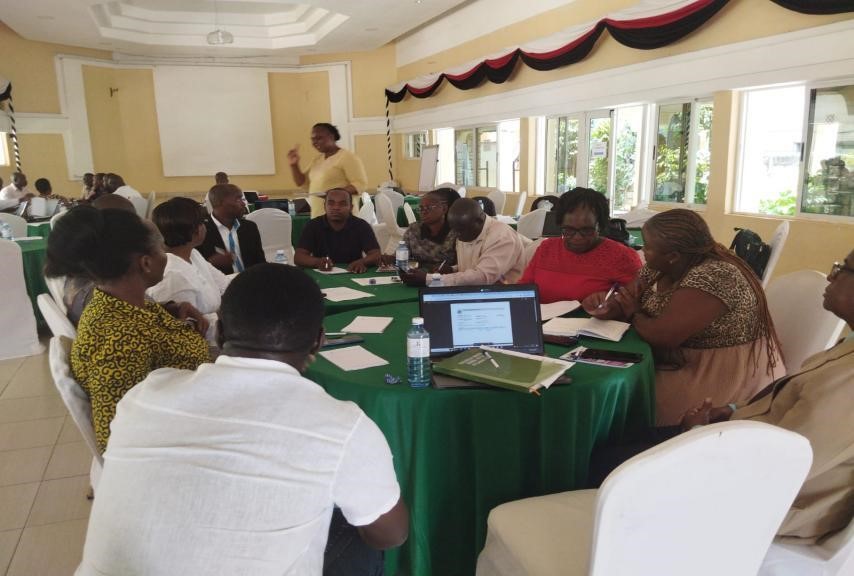Strengthening Kitui’s Resilience to Climate Change
/

The PALM-TREEs EA Hub of the larger CLARE PALM-TREEs project, hosted its inaugural inception meeting from March 19th to 22nd in Kitui County, Kenya. Stakeholders, including National Drought Management Authority (NDMA), Kenya, Kenya Red Cross, Kitui County Government, Kitui County Commissioner’s Office and University of Nairobi (uonbi), Chuo Kikuu cha Nairobi, convened to kickstart discussions on the upcoming PTEA project interventions in Kitui County. The workshop aimed to garner stakeholder buy-in and refine project activities through collaborative input.
Kitui County in Eastern Kenya faces significant challenges from climate extremes such as droughts, floods, and heatwaves. These events threaten local livelihoods and exacerbate inequalities, particularly among vulnerable groups like women, the elderly, and individuals with disabilities. The PALM-TREEs project (Participatory Approaches to Learning from Marginalized Communities for Transformative Resilience to Extreme Events) aims to tackle these issues through community engagement and co-produced climate information.
The project’s initial phase included workshops that brought together local government officials, community members, and researchers. These sessions fostered dialogue about the importance of sustainable Participatory Scenario Planning (PSP) meetings, which help communities prepare for climate impacts. Participants highlighted the need for clear sub-county naming conventions and effective communication channels to disseminate early warning information.
Discussions revealed critical insights into the challenges faced by Kitui residents. Women often bear the greatest burden during climate events, facing longer journeys for water and increased food insecurity. There is also a concerning rise in gender-based violence during times of scarcity. Resource conflicts intensify as competition for limited supplies escalates, particularly near national parks and game reserves. Marginalized groups frequently lack representation in policy discussions, which can lead to their needs being overlooked.
An assessment of existing climate policies in Kitui showed several gaps. While there are frameworks like the County Climate Change Policy, their broad nature can hinder effective implementation. Stakeholders called for regular reviews of these policies, increased budget allocations, and a focus on evidence-based decision-making to ensure that strategies are relevant and impactful.

As the PALM-TREEs project progresses, the next steps include conducting surveys in Kitui County to collect baseline data and inform future actions. Engaging the community and training enumerators are key components of this phase, along with plans for an inception workshop in Turkana to extend the project’s reach.
By prioritizing community involvement and leveraging local knowledge, the PALM-TREEs project aims to build resilience among Kitui’s vulnerable populations. As the initiative moves forward, it holds promise for creating sustainable solutions that enhance community well-being and effectively address the challenges posed by climate change.
Categories
Countries
CLARE Pillars
CLARE Themes
CLARE Topics
Published
CLARE Projects
CLARE Partners

